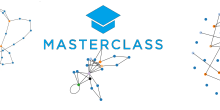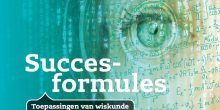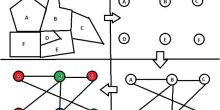Following the tradition of the last five years (see here for all previous editions and all the material), also this year the NETWORKS research program (a mathematics research collaboration between the University of Amsterdam, Leiden University, the Eindhoven University of Technology, and the CWI (Centrum Wiskunde en Informatica)) organized in November 2024 the masterclass NETWORKS goes to school 2024. The topic of this year was Game Theory!
Teachers and school students at the level of VWO 5-6 joined this two-day masterclass. In total about 70 school students joined the masterclass, from various schools and provinces. It was an exciting experience and we were happy so many students joined our yearly event and shared their enthusiasm for science, technology and mathematics with us.
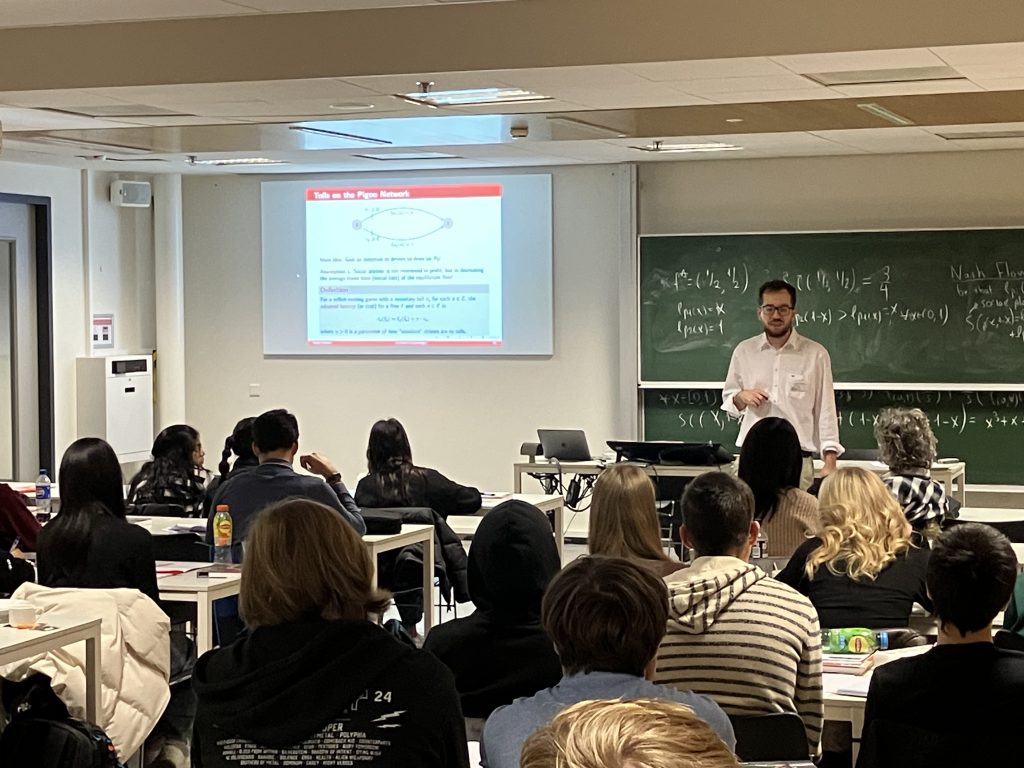
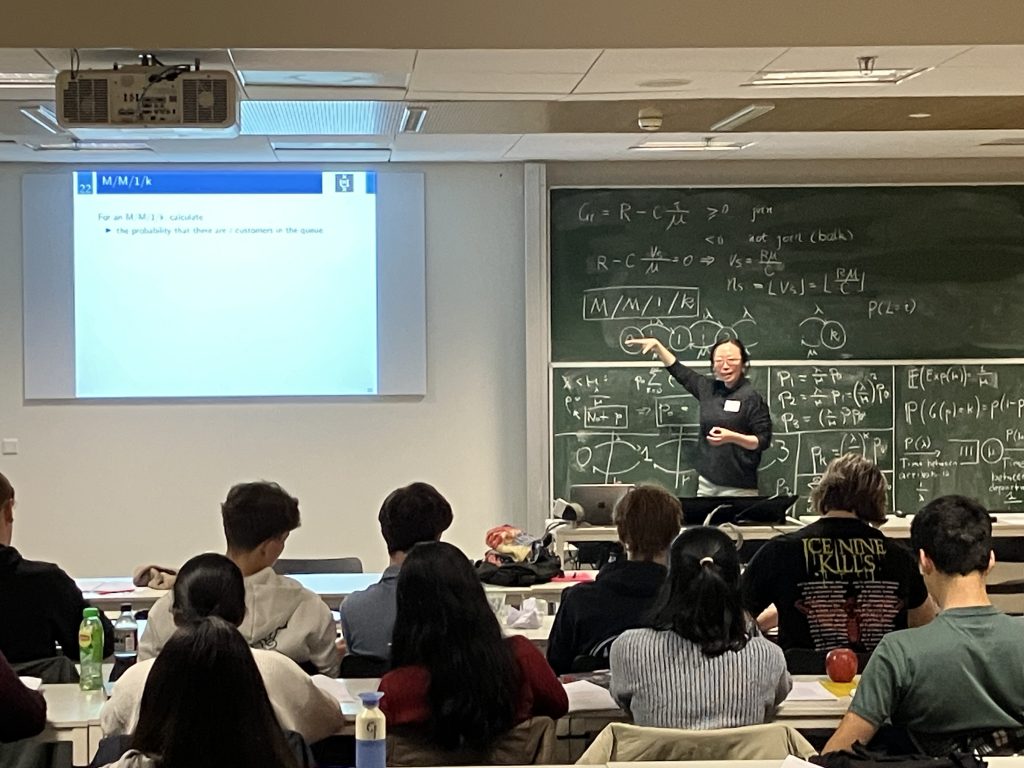
Artem and Jiesen in action during the masterclass!
Goal, speakers and topics
The event aimed to introduce secondary school students with an interest in mathematics to education at a university and to provide them with further deepening in their mathematical knowledge. The programme of each day consisted of lectures, discussions, exercise sessions, simulations, and some computer programming. The speakers for NETWORKS goes to school 2024 were Artem Tsikiridis (CWI Amsterdam) and Giesen Wang (University of Amsterdam). The general theme of the masterclass of this year was Game Theory!
All the material of the masterclass is gathered in this booklet, below by the description of the talks we also give the slides used during the day. For each of the two research topics we started the day with a crash course about some mathematical concepts needed to follow the talk. Afterwards Artem and Jiesen took over and presented some results from their research. The slides from both the crash courses, and the research talks can be found below.
Game theory
Game theory is the study of mathematical models of strategic interactions. It has applications in many fields of social science, and is used extensively in economics, logic, systems science and computer science (taken from Wikipedia).
This field of research has grown incredibly in the last decades and has given birth to many wonderful mathematical results. Want to learn more about this modern and wonderful field within mathematics and economics? Join our masterclass! If you want to take a first proof of Game theory you can play this online game called The Evolution of Trust. Join us to learn more about the math behind it!

Jiesen Wang: Game theory and the mathematics behind queues!
Decision-making problems are concerned with finding the best option from a set of available alternatives, given one’s belief about the environment.
The environment cannot be manipulated by the decision-maker but interacts with her. The optimal decision depends not only on the system state, but also on others’ decisions. This can be formulated and analyzed as a non-cooperative game among the individuals.
Game theory provides a formal way to describe the interactions among individuals, thus it allows us to model “rules of the game”. I will illustrate how this works via a basic queueing model, which is usually used to predict queue lengths and waiting times using techniques from probability theory and mathematical modelling.
The material for the crash course can be found here. The material for the research talk can be found here.
Artem Tsikiridis: Game theory and the mathematics behind traffic congestion
Tomorrow morning, you’re preparing for a road trip to visit an old friend in another city—someone you haven’t seen in a long time. Naturally, you want to get there as quickly as possible, so you consider taking the shortest route. It seems like the most efficient option. But have you accounted for morning rush hour? What happens if everyone else has the same idea, and you end up stuck in heavy traffic?

Moreover, your trip doesn’t just affect you—it impacts every other driver on the road. But don’t feel bad—it's totally normal to be a little selfish in this situation (after all, you haven’t seen your friend in a while!). However, this raises a question: How much does “selfish” decision-making impact traffic congestion?
In this talk, we’ll explore how mathematicians use Game Theory to model such strategic interactions. We will be using network flows on graphs to model traffic and the Price of Anarchy of games to quantify the impact of selfish behavior in traffic. Additionally, we’ll discuss whether central coordination or improved infrastructure can help reduce congestion.
The material for the crash course can be found here. The material for the research talk can be found here.
As each year it was a great pleasure to organize and host this two-day masterclass, and meet the participants!


